The failed assassination attempt on former US President Donald Trump on July 13 showed the existential danger to politicians. This event affected not only the US but also spread to Europe.
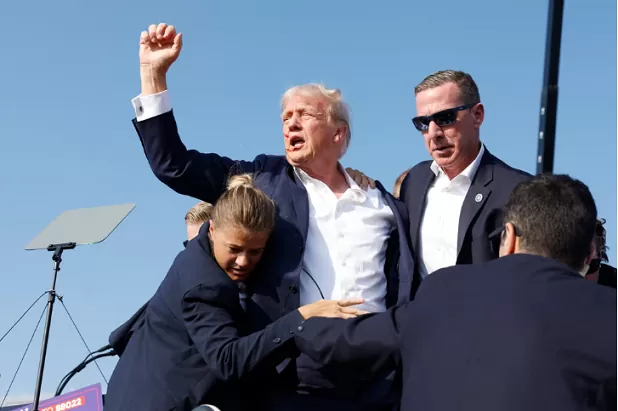 |
| The failed assassination attempt on former President Donald Trump on July 13 was a wake-up call for politicians. (Source: Getty) |
Politicians from all parties across Europe have watched with horror the assassination of former US President Donald Trump. Many see a similar danger growing in their own countries.
No longer a rare thing
Receiving the news that Mr. Trump was near death, European leaders all said: "If it can happen in America, it can happen here."
The attempted assassination was a symbol of "violence that undermines democracy," far-right leader Marine Le Pen said on social media, warning that France was not safe from such violence either.
Meanwhile, Italian Prime Minister Giorgia Meloni stressed: "All over the world, there are limits that must never be crossed. This is a warning to everyone, regardless of political party, to restore dignity and honor to politics."
For many European politicians, the attack on Mr Trump was not only a warning of possible dangers, but also showed that political violence and assassinations are no longer rare.
There have been a number of political assassinations in recent years. In May, Slovakian Prime Minister Robert Fico was seriously injured after being shot multiple times in a politically motivated attack. Last month, Danish Prime Minister Mette Frederiksen suffered a neck injury after being attacked by a man while walking through central Copenhagen.
Germany has seen a series of violent attacks on politicians, including one on Matthias Ecke, the leading candidate for the Social Democratic Party (SPD) in June's European Parliament elections. Matthias Ecke was hospitalized after being attacked while putting up campaign posters.
In the UK, two sitting members of parliament have been murdered in the past eight years. Labour MP Jo Cox was killed by a neo-Nazi in 2016 during the Brexit referendum campaign, and Conservative MP David Amess was assassinated by an Islamic State supporter while addressing voters in 2021.
Following the tense UK election in early July and the attack on Mr Trump, the Speaker of the House of Commons, Lindsay Hoyle, revealed that the only thing that kept him awake at night was the thought of another MP being murdered.
Mr. Hoyle said he wrote to the former US President to express solidarity, frankly declaring: "We are at war with extremists who do not believe in democracy."
Security situation is alarming
Recent incidents have demonstrated that it is not only far-right candidates who are the targets of violence and intimidation.
The recent British election saw a wave of intimidation of voters and candidates across the UK, with incumbent Labour MPs and would-be candidates complaining about the behaviour of some supporters of independent candidates.
Labour candidates said the wave of anger and intimidation related to the party's stance on the Israel-Hamas conflict, some of which crossed a line they found unacceptable.
Police are now investigating the victory of Shockat Adam - a pro-Gaza independent candidate who defeated Jonathan Ashworth, a key member of Prime Minister Keir Starmer's expected Cabinet, to become the new Leicester South MP.
During the campaign, leaflets were widely distributed in the constituency calling Mr Ashworth a “ceasefire breaker” and a “genocide advocate”, with his picture superimposed on images of crying children and rubble. The leaflets were not part of any election campaign and are a potential breach of electoral law. Mr Adam has denied any responsibility.
It was not the only incident of verbal abuse, Mr Ashworth told The Sunday Times that while campaigning with his 10-year-old daughter, he was confronted by a voter who said “everyone despises me”.
Police are investigating further incidents across the UK. An unnamed Labour candidate told Politico that during the campaign they were concerned about taking their children into the constituency because of the risk of abuse or threats. They were advised not to go anywhere alone.
Other candidates added that public campaigns were particularly problematic due to lack of security, leading some to withdraw from the race. Others said voters were harassed outside polling stations.
One of the main targets of the violence in the UK was Nigel Farage - a former Brexit supporter and leader of the British Reform Party, who is also a close friend of Mr Trump.
Mr Farage has had drinks and other objects thrown at him several times while campaigning in public and is under 24/7 protection.
A day after the incident with his close friend, Mr Farage was quick to draw parallels between the way he was treated and the attack on Mr Trump.
"We've seen it in British politics. What we've seen through the mainstream media and social media is millions of people becoming hateful. I have to tell you, I'm afraid we're not too far away from something like that happening," Mr Farage told GB News .
Mr Farage also said he was attacked in public last week: "The last time someone threw a drink at me was on 10 July. I don't usually make these things public."
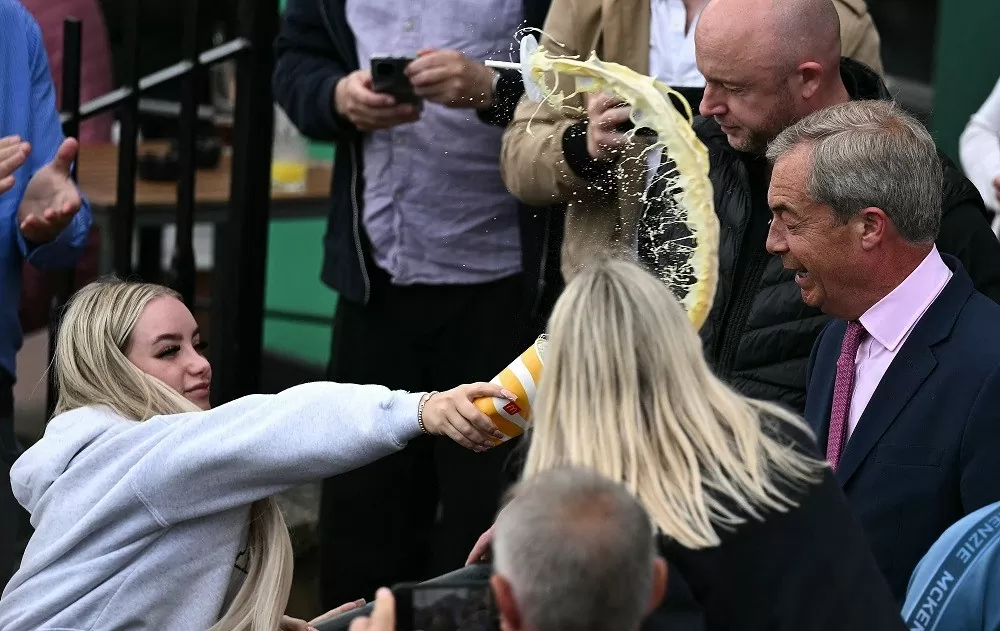 |
| Nigel Farage had a drink thrown at him while campaigning in public. (Source: X) |
Looking for solutions
The European Political Community (EPC) summit on July 18 at Blenheim Palace in southern England was an opportunity for European leaders to speak out against political violence in the wake of Trump’s assassination. One of the three roundtables at the summit was dedicated to “protecting and securing democracy.”
The new British Prime Minister Keir Starmer's government is hoping to set an example for other European countries in this area after the Home Office carried out a rapid review of the recent UK election campaign to understand the nature of the threat facing candidates and the level of protection they received.
UK Home Secretary Yvette Cooper said: "The disgraceful scenes we saw in some areas during the recent election campaign must not be repeated."
Meanwhile, several European countries have enacted new laws to protect politicians from growing threats. In Slovakia, lawmakers passed a new law last month after the attempted assassination of Prime Minister Fico that bans gatherings near politicians’ homes or government offices.
Earlier this year, the UK government announced it would spend an extra £31 million on security for MPs.
Yet for many leading politicians, the threat remains all too real. Geert Wilders, leader of the far-right Freedom Party (PVV) in the Netherlands, who has been under 24/7 protection for years amid death threats, posted on the X platform: “What happened in the US can happen in the Netherlands. Don’t underestimate that possibility.”
Source: https://baoquocte.vn/vu-am-sat-hut-cuu-tong-thong-donald-trump-chau-au-tu-xa-cung-thay-lanh-279168.html




![[Photo] Phuc Tho mulberry season – Sweet fruit from green agriculture](https://vstatic.vietnam.vn/vietnam/resource/IMAGE/2025/4/10/1710a51d63c84a5a92de1b9b4caaf3e5)
![[Photo] Unique folk games at Chuong Village Festival](https://vstatic.vietnam.vn/vietnam/resource/IMAGE/2025/4/10/cff805a06fdd443b9474c017f98075a4)
![[Photo] Prime Minister Pham Minh Chinh chairs meeting to discuss tax solutions for Vietnam's import and export goods](https://vstatic.vietnam.vn/vietnam/resource/IMAGE/2025/4/10/19b9ed81ca2940b79fb8a0b9ccef539a)



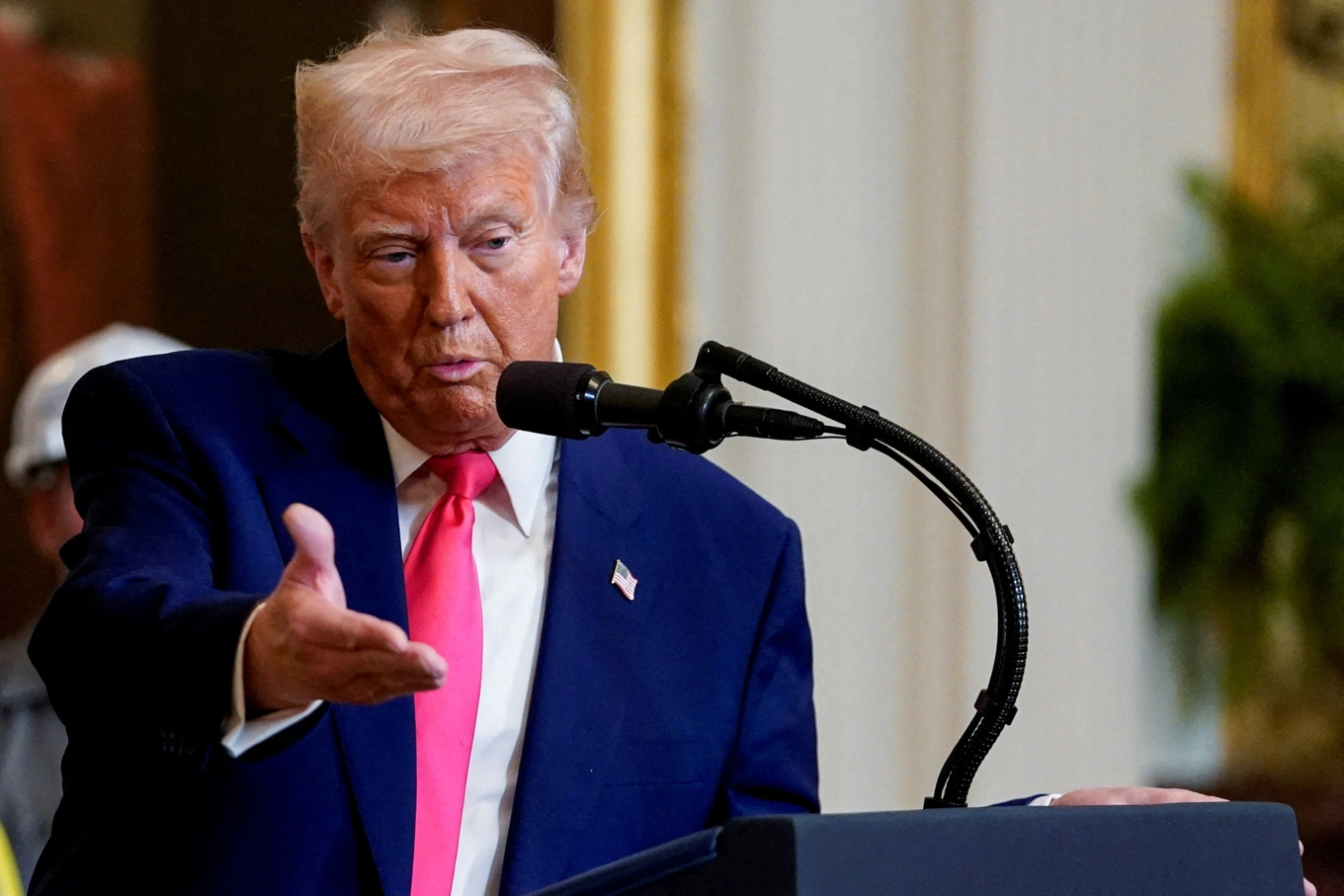

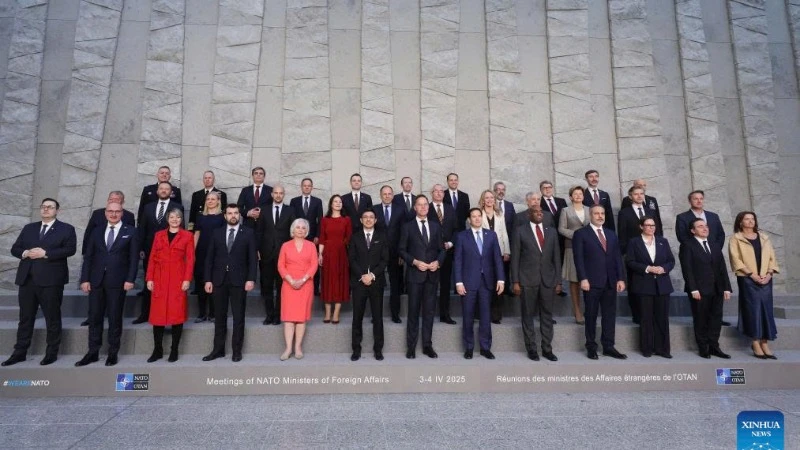

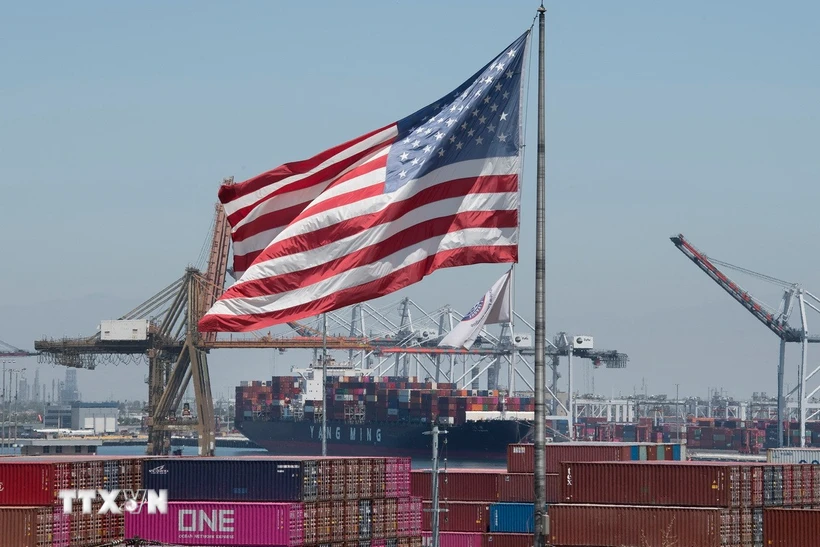


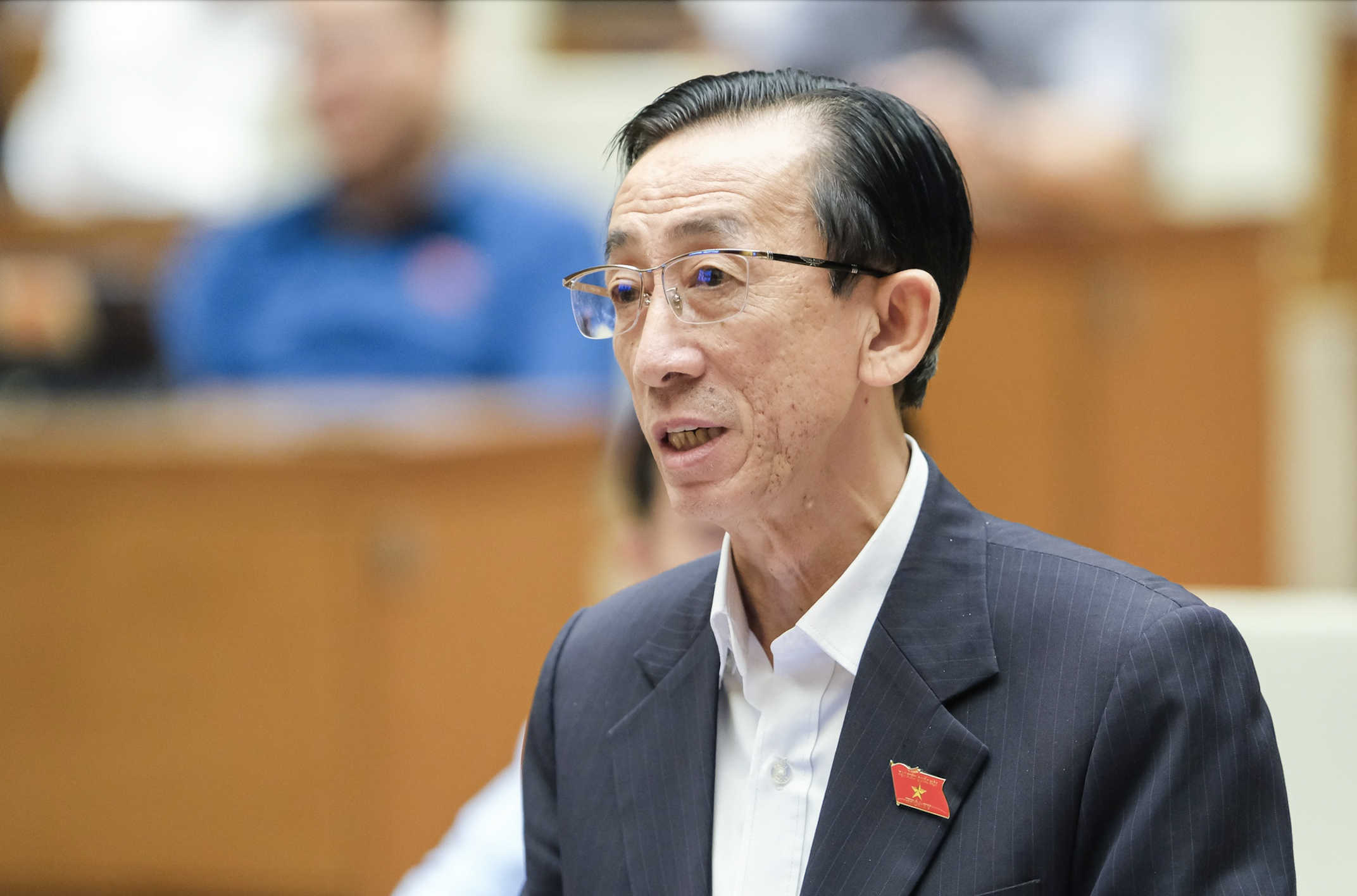






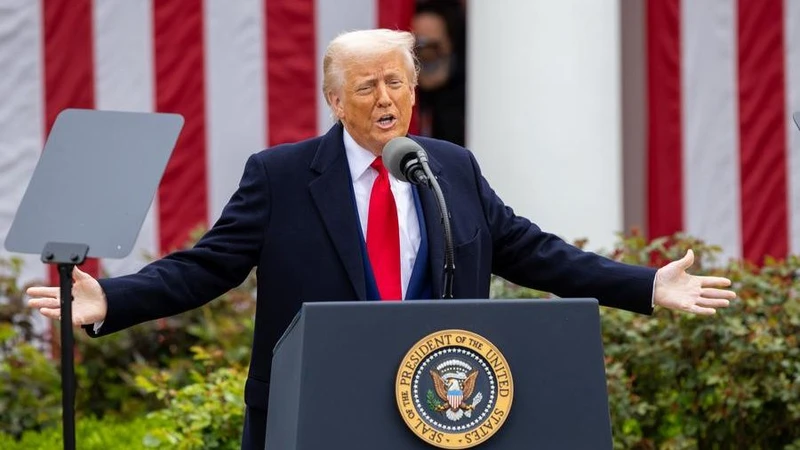




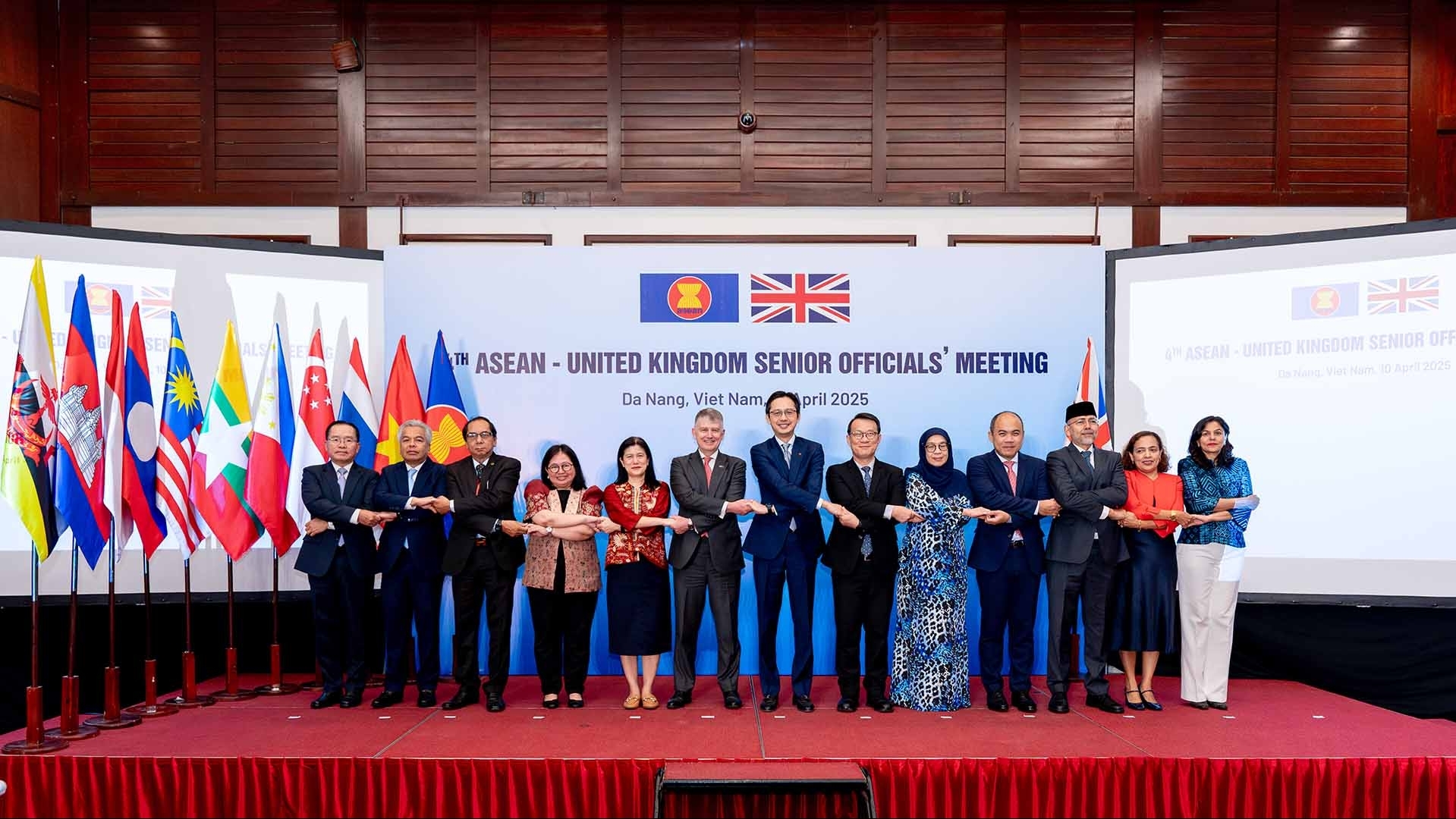


















































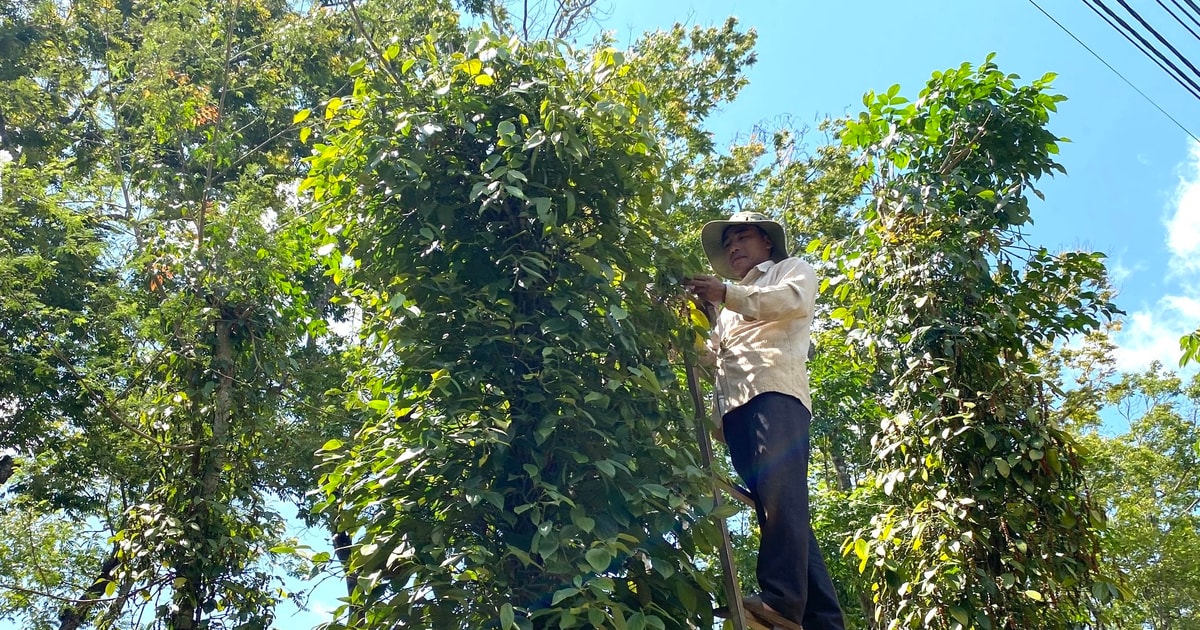



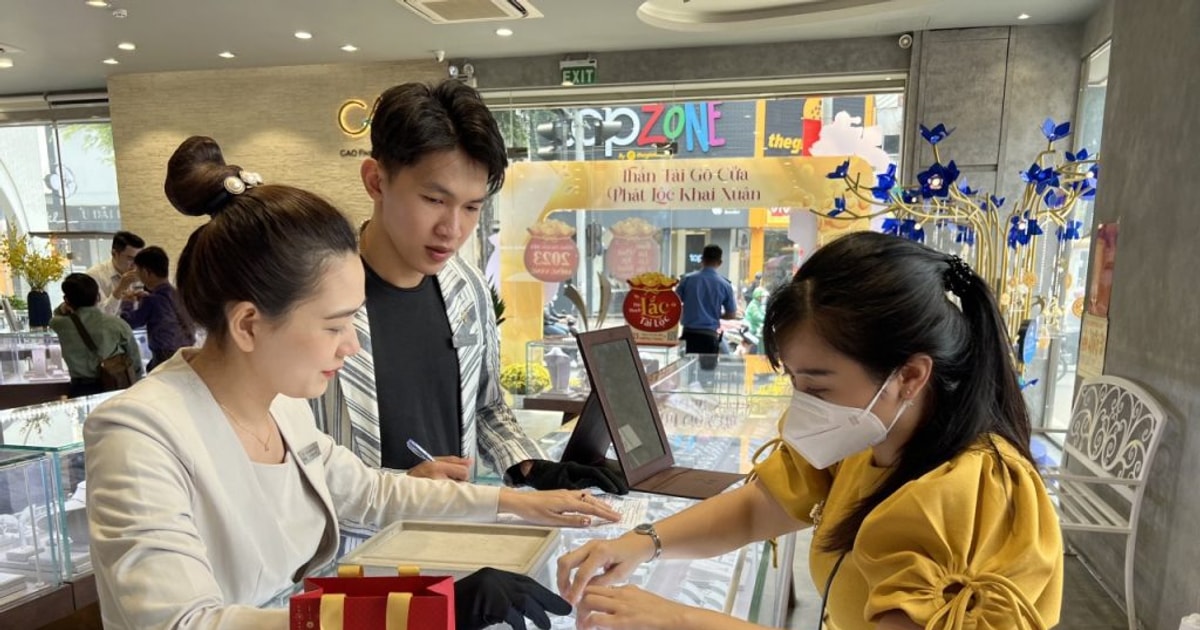
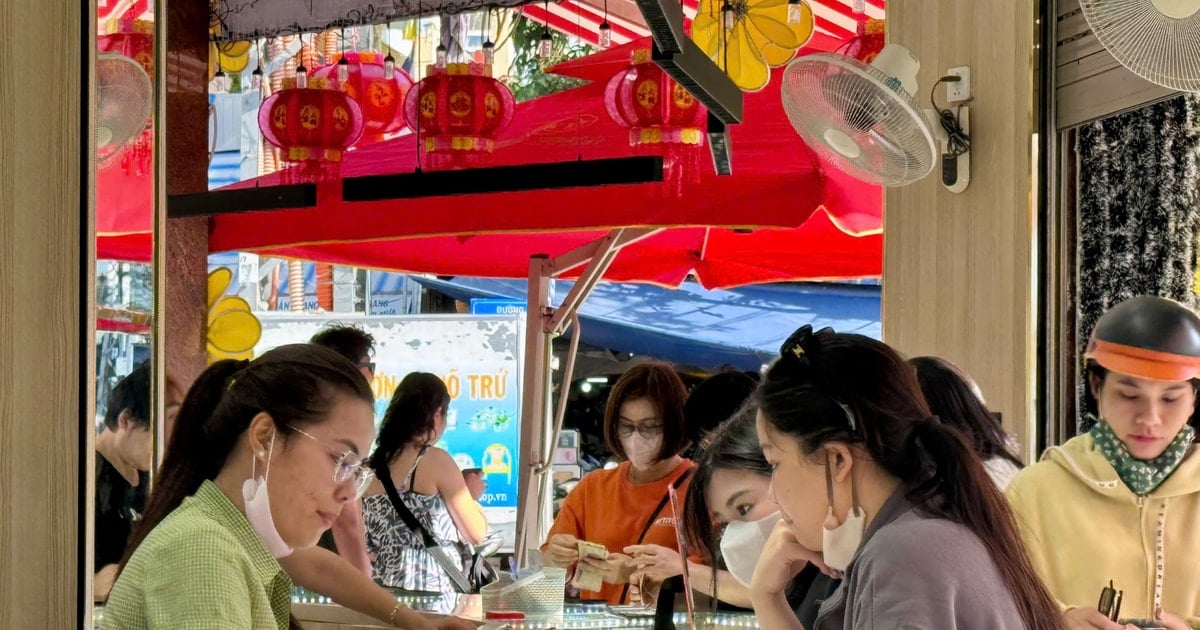

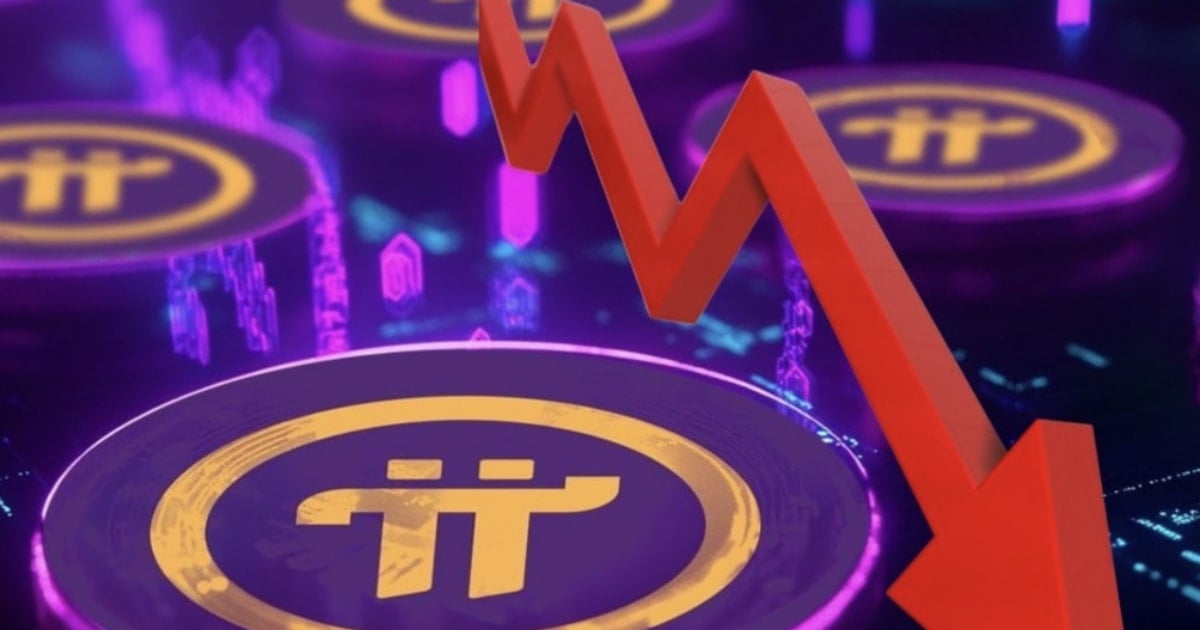








Comment (0)